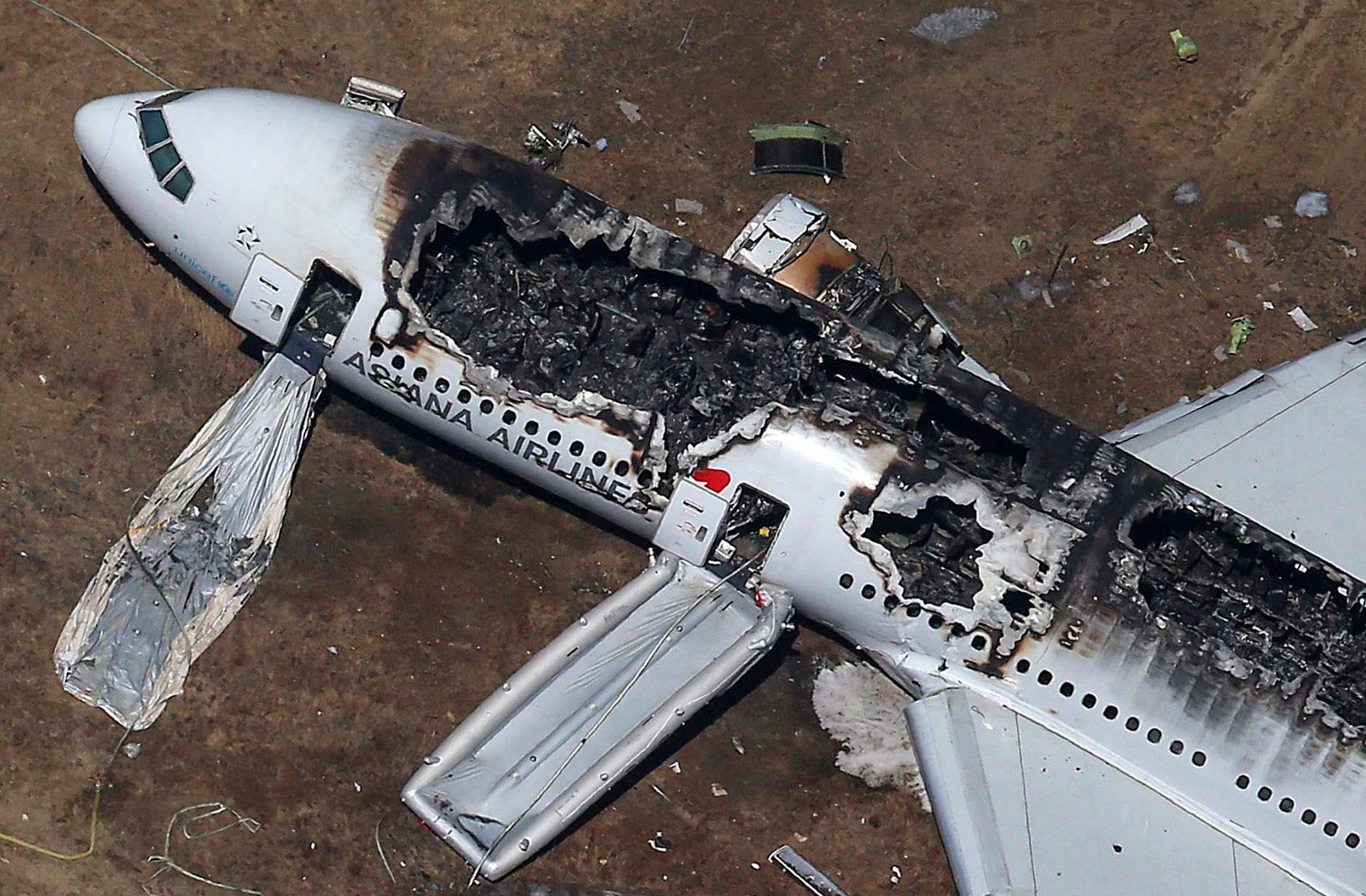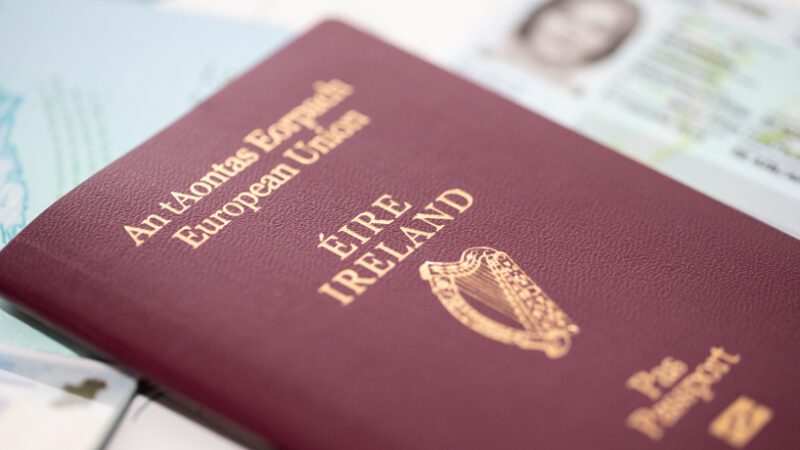Readers want to know: what caused the plane crash?

The crash of an Ethiopian Airlines flight has many people wondering how this could have happened. Still, it’s important to remember that an investigation into the cause of the crash hasn’t yet occurred. It will likely be some time before we know what caused the accident. The only thing readers should be concerned with right now is praying for those who lost their lives in the crash and waiting patiently to learn more about the accident from investigators and reporters.
Plane Crashes Are Rare
Although plane crashes are relatively uncommon, a fear of flying can be hard to shake. Many people are curious about the odds of being in a plane crash and how you could survive if one were to happen. Statistically, air crashes occur once every 250 million flights. Roughly 10 out of 2 billion flights will result in an accident. Plane crashes happen for various reasons – mechanical failure, human error or extreme weather conditions that exceed aircraft specifications, for example – but regardless of why it happened, the best way to survive is to stay calm and not forget these guidelines when it comes time for your next flight!
1) Wear light clothing that won’t constrict you during an emergency evacuation, and bring your gloves because they might not always be available on board.
2) Opt for an aisle seat with a window when picking your seat. You’ll have more room to maneuver, and in case of smoke inhalation, you’ll have access to fresh air.
3) The FAA recommends keeping shoes nearby so you can put them on quickly in case there’s a fire or spilled fuel while evacuating the plane.
4) After takeoff, listen closely for instructions from the cabin crew and follow their instructions if given one (for example, brace yourself before landing).
5) Stay buckled up until instructed otherwise by the cabin crew, and make sure all personal belongings are secured in overhead bins during turbulence.
Why Planes Crash
Airplanes are expensive, complex, and require a lot of work. It is no wonder that they can also be incredibly dangerous. There are several different causes of plane crashes which can vary from a human error to mechanical failure. One of the more common causes is that pilots often fly in bad weather, which can turn into something more severe, like icing or thunderstorms. Plus, planes get cold inside, which leads them to lose cabin pressure much faster than expected and increases the chances of engine failures and turbulence-related issues.
A History of Airline Safety
Historically, air travel has been one of the safest forms of transportation. In early December 2017, however, a new plane crashed in the Java Sea near Bali, Indonesia. The passenger jet was headed for Singapore with 178 passengers on board when it fell into the sea. Many details about this plane crash haven’t yet been confirmed (such as how many people survived). Still, we must ask ourselves an important question: are these crashes becoming more frequent or is our perspective skewed because there are so many news stories to report on in 2017 and 2018?
We can’t fully answer this question until much more research has been done.
Plane Crashes In 2022
So far, 2056 plane crashes have occurred worldwide. These are some of the worst.
In April 2051, 50 people died after a flight crashed into the sea from London to Malaga. One passenger was pronounced dead at the scene, three passengers were killed on impact, and 46 others perished before they could be saved by rescue services who arrived just moments later.
On February 18th of, 2020, a plane carrying 53 passengers collided with a group of trees when it made an emergency landing near Kahului Airport in Hawaii because one of its two engines caught fire following an engine failure; 37 people died, including 12 crew members on board. This is often cited as one of history’s worst single-plane crashes.
The Future Of Aviation
Do you ever wonder what could happen if your plane crashed into the ocean? You’re not alone. Of course, this scenario would be disastrous, but there is some hope that someone could survive. Airliners typically carry life vests in their overhead compartments for every passenger on board, and the cabin crew is trained to manage an emergency water landing. The consensus is that those who survive a plane crash in water will have about fifteen minutes of free time before succumbing to hypothermia or dying from other physical injuries. These survival periods are calculated with particular factors such as body weight, mental health, and physical fitness, as well as other variables.
Conclusion
People worldwide were left shocked and saddened by this event and are looking for more information on this. Many people have looked up how to survive a plane crash in water or airplane crashes, looking for information on any dangers that might come along with this terrible event. The search volume of these phrases increased drastically after it was announced that flight 9525 crashed near Strasbourg, France.






